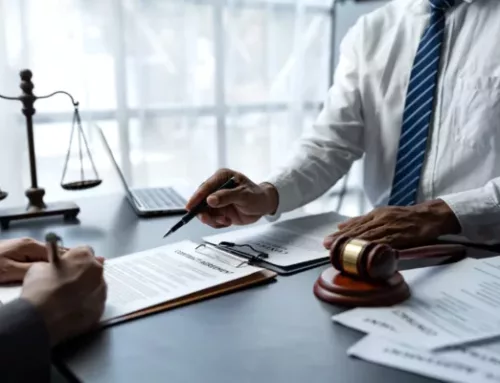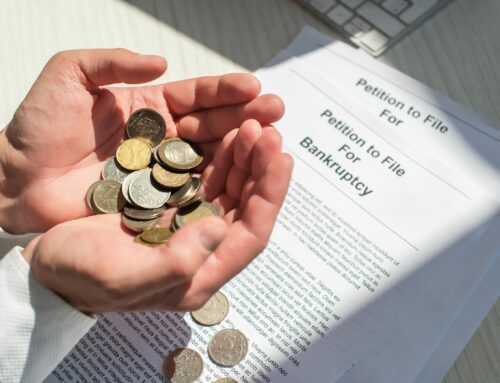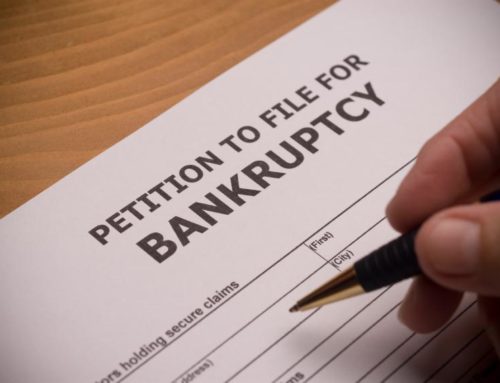Filing for bankruptcy is usually effective at ridding oneself of debt and the accompanying stress from being hounded by collectors. For the elderly, however, it is typically not a good strategy for the reason that they have too much property or the other extreme, too little property. How does either situation affect bankruptcy?
Bankruptcy with Too Much Property
If they have accumulated substantial assets through the years, Chapter 7 would cause them to lose these since not everything could be covered with exemptions. Chapter 13, on the other hand, would lead to them facing exorbitant monthly payments since they’d have to repay the value of these assets within a period of three to five years under the repayment plan.
Bankruptcy with Too Little Property
On the other hand, an elderly with very little property wouldn’t have assets beyond the basic necessities. This ultimately translates to being judgment proof. There would be nothing for a creditor to collect, so there would also be no need to file for bankruptcy. Doing so would only help in situations involving aggressive collection tactics from creditors or any intent to levy their bank account.
Other Possible Bankruptcy Issues for the Elderly
The following are the usual points to ponder before going ahead with filing bankruptcy:
- How much can be discharged from their debt?
- How much of their property can be exempted?
- Are there debts attached to their vehicle or home?
Unfortunately, elderly people have even more threshold issues to consider before they file for bankruptcy. What are some of these?
- How much equity have they compiled in their primary residence?
They might lose their home under Chapter 7. The homestead exemption may help protect some of their equity or not at all, depending on which state they live in.
- Do they have a lot of medical bills?
The elderly might want to remember that being judgment proof already means that collectors cannot do anything about these bills, no matter how much they hound their debtor.
- Are they dependent on Social Security?
They may keep their benefits during bankruptcy since creditors cannot collect on these. They just need to make sure that they disclose that these are part of their monthly income and that they hold the benefits in a different account.
- What have they been doing with their retirement account?
Filing for bankruptcy definitely impacts their retirement plan. Here are some points to keep in mind:
- Tax-exempt retirement accounts usually qualify for bankruptcy exemptions. Meanwhile, IRAs and Roth IRAs get some protection.
- Money they take from a retirement account is considered income, potentially affecting their eligibility for the type of bankruptcy they’re filing.
- Keeping their Social Security benefits separate from their retirement withdrawals will protect the former.
- Withdrawals from their retirement account may be levied by a creditor.
Assistance from a Bankruptcy Lawyer in West Virginia
If you’re a senior citizens interested in filing bankruptcy, consult a Wheeling bankruptcy attorney as your first step. There are special considerations involved in an elderly person filing for bankruptcy, so it’s important to be guided accordingly. Call Thomas E. McIntire & Associates, L.C. to talk to an experienced bankruptcy lawyer.





